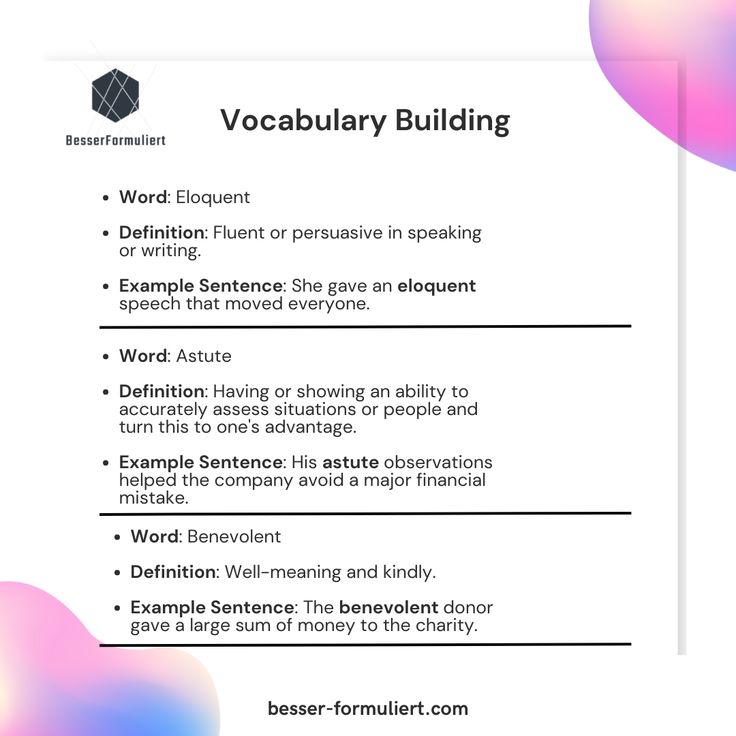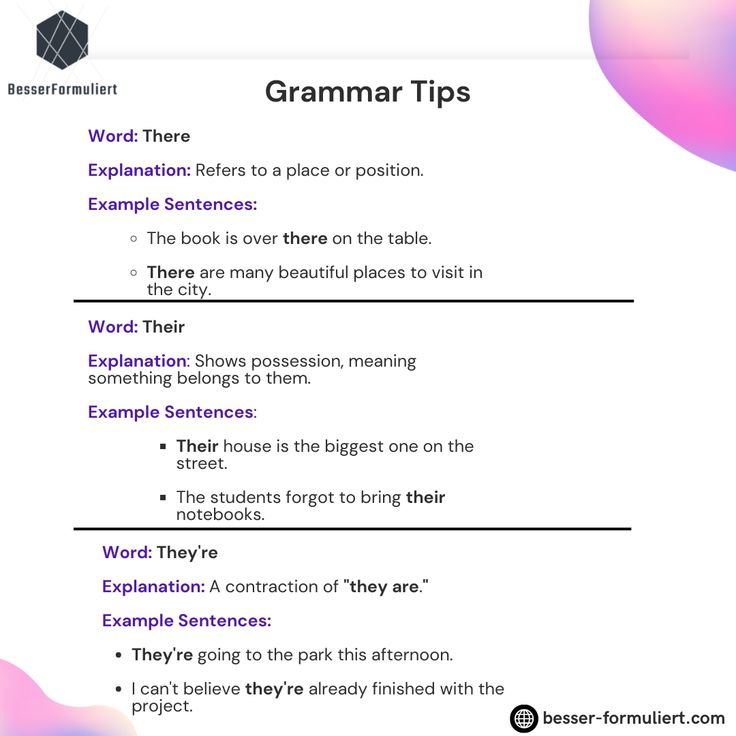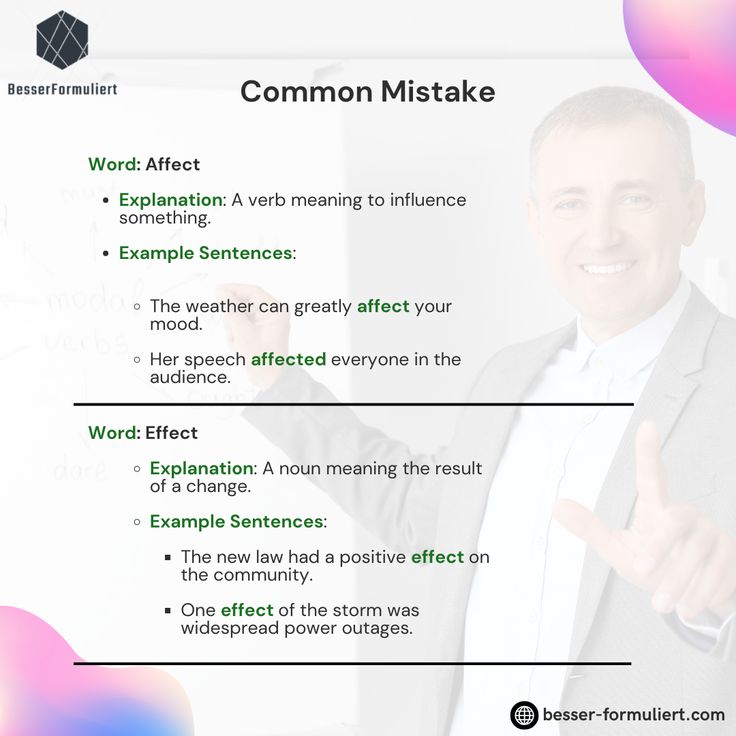Read here an article covering vocabulary building, grammar tips, and common mistakes.
I. Enhancing Your English: Vocabulary, Grammar, and Avoiding Pitfalls
Mastering the English language involves three key areas: expanding your vocabulary, honing your grammar skills, and avoiding common mistakes. Let’s explore effective strategies for each of these aspects.
II. Vocabulary Building
A rich vocabulary is the foundation of effective communication. Here are some proven methods to expand your word bank:
1. Read extensively: Immerse yourself in various genres of literature, newspapers, and academic texts. This exposure introduces you to new words in context[1][4].
2. Keep a vocabulary journal: When you encounter unfamiliar words, jot them down along with their definitions, synonyms, and example sentences[5].
3. Use vocabulary apps: Leverage technology with apps designed to enhance word power through gamification and spaced repetition[5].
4. Engage in word games: Crossword puzzles, Scrabble, and other word games can make vocabulary building fun and challenging[5].
5. Practice using new words: Actively incorporate newly learned words into your conversations and writing to reinforce retention[2].
III. Grammar Tips
Proper grammar is crucial for clear and effective communication. Here are some tips to improve your grammar:
1. Study grammar rules: Familiarize yourself with basic and advanced grammar concepts through textbooks or online resources.
2. Practice sentence construction: Regularly write sentences focusing on specific grammar rules to internalize them.
3. Read grammar guides: Consult style guides like Strunk and White’s “The Elements of Style” for comprehensive grammar advice.
4. Use grammar-checking tools: Utilize software like Grammarly to catch and learn from your mistakes.
5. Learn from feedback: When others correct your grammar, take note and avoid repeating the same errors.
IV. Common Mistakes to Avoid
Even native speakers make mistakes. Here are some common errors to watch out for:
1. Their/There/They’re confusion:
– Their: possessive pronoun
– There: indicating location
– They’re: contraction of “they are”
2. Your/You’re mix-up:
– Your: possessive pronoun
– You’re: contraction of “you are”
3. Its/It’s misuse:
– Its: possessive pronoun
– It’s: contraction of “it is” or “it has”
4. Affect vs. Effect:
– Affect: usually a verb meaning to influence
– Effect: usually a noun meaning result
5. Misplaced modifiers:
Ensure that modifiers are placed close to the words they’re modifying to avoid ambiguity.
6. Run-on sentences:
Avoid connecting independent clauses without proper punctuation or conjunctions.
7. Comma splices:
Don’t use a comma alone to join two independent clauses.
V. Conclusion
By focusing on these three areas – vocabulary building, grammar improvement, and avoiding common mistakes – you can significantly enhance your English language skills. Remember, language learning is a continuous process. Consistent practice and a willingness to learn from errors will lead to steady improvement over time.
Citations:
[1] https://www.masterclass.com/articles/how-to-improve-your-vocabulary
[2] https://mekreview.com/10-expert-tips-to-improve-your-vocabulary/
[3] https://lingopie.com/blog/effective-strategis-for-building-vocabulary-in-a-new-language/
[4] https://www.jocrf.org/resources/effective-ways-build-your-vocabulary/
[5] https://www.oxfordlearning.com/10-ways-to-build-a-strong-vocabulary/









